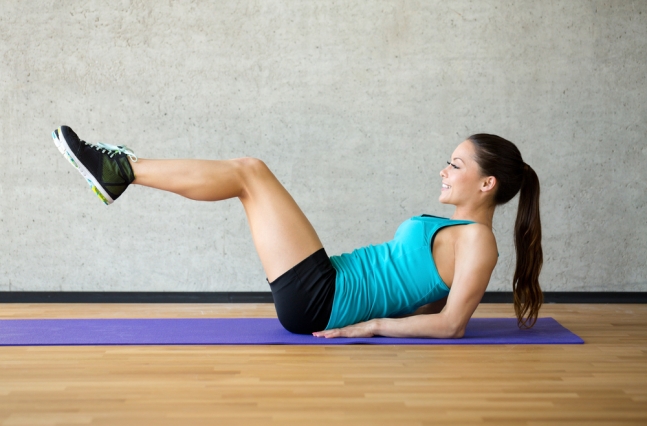
The most important thing to prevent constipation is to consume plenty of vegetables and water regularly and to exercise consistently. However, in the case of the elderly, maintaining such lifestyle habits is not easy because they may have urinary disorders, gastrointestinal diseases, or weakened joints and spine.
The most important thing to prevent constipation in the elderly is not to skip meals. The intestines need regular stimulation to improve motility, and skipping meals can reduce stimulation to the intestines, leading to constipation. Fermented foods such as cheonggukjang and doenjang are good side dishes, and mixing rice with corn, brown rice, or beans can also help prevent constipation.
It is also good to develop the habit of having breakfast and having a bowel movement within 15 minutes.
Avoid beverages like green tea or coffee, which are known to be good for health. Because of their diuretic effect, they can lead to dehydration, which often causes constipation.
Exercise is beneficial when you walk for 15 to 30 minutes a day instead of vigorous movements, or when you frequently adopt positions such as lifting your legs or head while lying down. Sit-ups also stimulate the intestines and strengthen the abdominal muscles, helping to prevent constipation. Care should be taken not to strain the spine or joints during these activities.
Taking a half-body bath or sitz bath also actively promotes blood circulation in the lower abdomen, which is good for preventing chronic constipation.
Meanwhile, since the criteria for constipation vary among individuals, it is difficult to define it precisely. Chronic constipation is diagnosed if bowel movements occur three times a week or less, and during defecation, there is either excessive straining, hard stool, a feeling of incomplete evacuation, or a sensation of blockage in the anus.
The most important thing to prevent constipation in the elderly is not to skip meals. The intestines need regular stimulation to improve motility, and skipping meals can reduce stimulation to the intestines, leading to constipation. Fermented foods such as cheonggukjang and doenjang are good side dishes, and mixing rice with corn, brown rice, or beans can also help prevent constipation.
It is also good to develop the habit of having breakfast and having a bowel movement within 15 minutes.
Avoid beverages like green tea or coffee, which are known to be good for health. Because of their diuretic effect, they can lead to dehydration, which often causes constipation.
Exercise is beneficial when you walk for 15 to 30 minutes a day instead of vigorous movements, or when you frequently adopt positions such as lifting your legs or head while lying down. Sit-ups also stimulate the intestines and strengthen the abdominal muscles, helping to prevent constipation. Care should be taken not to strain the spine or joints during these activities.
Taking a half-body bath or sitz bath also actively promotes blood circulation in the lower abdomen, which is good for preventing chronic constipation.
Meanwhile, since the criteria for constipation vary among individuals, it is difficult to define it precisely. Chronic constipation is diagnosed if bowel movements occur three times a week or less, and during defecation, there is either excessive straining, hard stool, a feeling of incomplete evacuation, or a sensation of blockage in the anus.